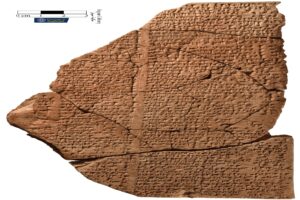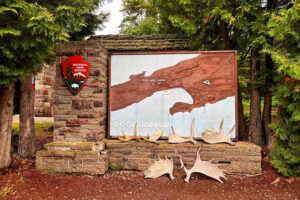There’s something to be said for traditional medicine. And it turns out that one pharmacist in ancient Greece was saying it 2,000 years ago.
Aelius Galenus, or Galen of Pergamon, acted as Emperor Commodus’ personal doctor during his reign in the first century AD. His methods, advanced for their time, dominated European medical theory and practice. He had a similar impact in the Byzantine Empire and the Middle East, according to Brittanica.
Galen’s techniques helped treat ancient conditions as gruesome as facial myiasis (or face maggots). But his influence didn’t end after humanity more or less escaped from such early horrors, a new study found. Far from it.
A team from Turkey’s Ege University recently explored the ongoing popularity of Galen’s prescriptions in his home region. The group interviewed locals in the northern Aegean city of Bergama. There, they found a stunning continuity in herbology.
Locals still use over 160 of Galen’s favored plant species, including about 130 for therapeutic purposes.
Henbane seeds cure facial horrors
“The most prominent subject in our study was plants used in traditional folk medicine,” Dr. Sukru Arasan, the study’s lead author, told Arkeonews. “One treatment that surprised us was the use of henbane seeds against the larvae of myiasis flies. The seeds of the henbane plant are mixed with animal tallow or tail fat and different processes are applied to produce smoke. The patient’s face is exposed to the smoke, and the fly larvae are observed to fall into a bowl of water under the chin.”
That wasn’t the only extreme treatment in Galen’s medical quiver. As one of Arasan’s colleagues shared, the team developed the opinion that his secret to success revolved around proper dosing.
“We are studying Galen’s formulas. His specialty is hidden in the doses of his formulas. For example, it is said to ‘drink sage tea.’ But how much should you drink? The use, effect, dose, and side effects of each plant are different. A small amount of many active herbal substances is medicinal, but too much of it may be poisonous,” said Ege University’s Hasan Yildirim told Arkeonews.
Sound familiar?






